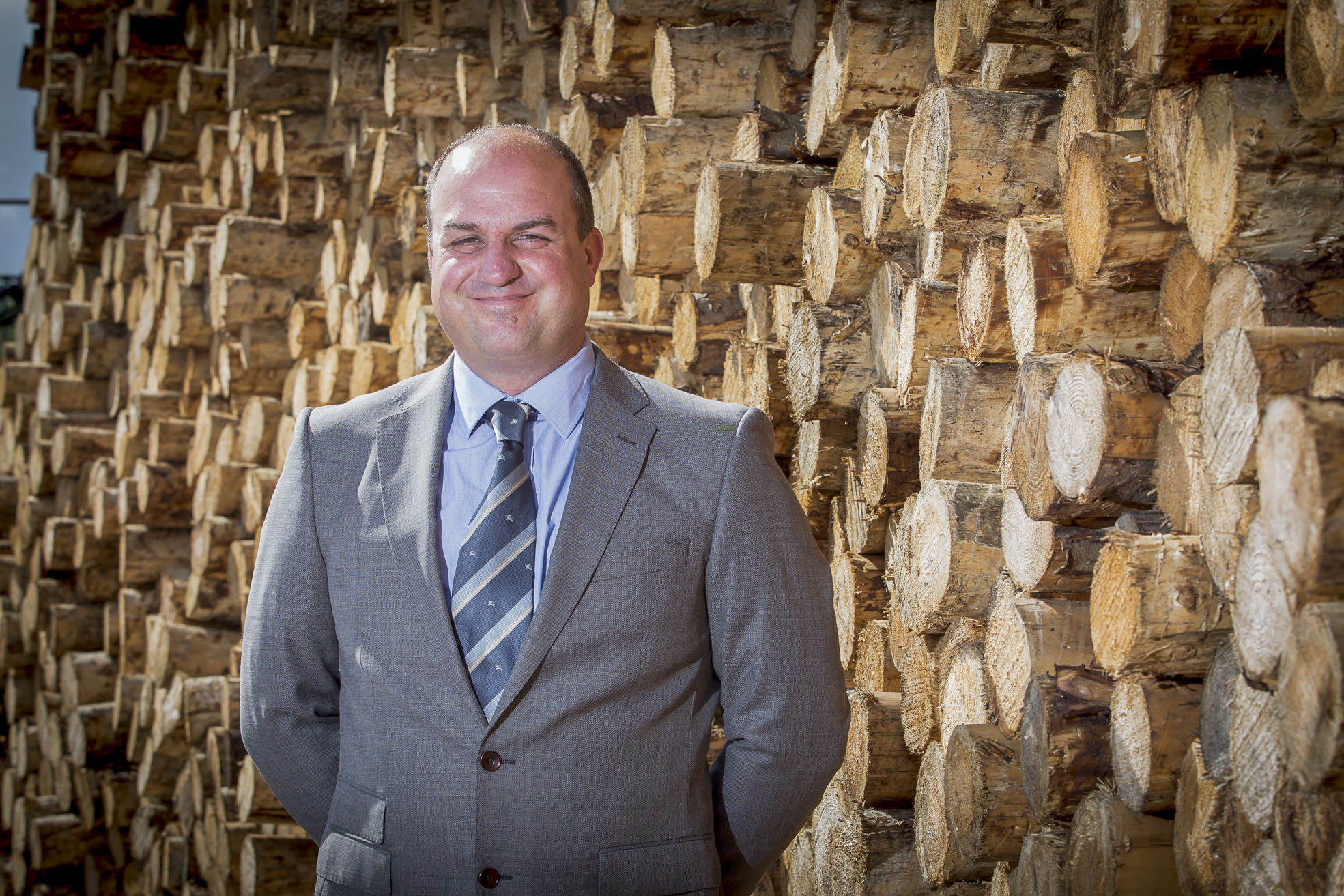Thirty new investigators are being recruited by North Wales Police to tackle the rising tide of emerging threats like cyber-crime and the exploitation of vulnerable children and young people by drugs gangs.
The move is part of a massive shake-up of front line policing to target resources more effectively in line with the Police and Crime Plan of North Wales Police and Crime Commissioner Arfon Jones whose priority is to “reduce harm and protect vulnerable children and adults”.
The reorganisation is one of the biggest ever undertaken by the North Wales force and details were outlined to the North Wales Police and Crime Panel at their meeting in Conwy.
The Operational Improvement Programme has been masterminded by a team led by Chief Superintendent Alex Goss who gave a presentation to the meeting.
The changes are being introduced against a backdrop of £30 million-worth of austerity cuts to the North Wales Police budget since 2010, with a further £3.25 million in savings needing to be found next year.
According to Chief Superintendent Goss, the aim is to make the best possible use of the force’s “finite resources” in responding to the serious new challenges.
They include child sexual exploitation, modern slavery, domestic abuse, cyber-crime, serious and organised crime and the growing menace of County Lines where young people are being coerced, groomed and threatened with violence to take part in illegal activity across the region.
In beefing up the force’s investigative capacity, they were, he said, also complying with a recommendation of Her Majesty’s Inspectorate of Constabulary and Fire & Rescue Service who identified the need for it to be strengthened.
As a result, there will be 18 extra detectives backed up by an additional 12 support staff.
There will be extra training for support staff to cope with more complex investigations.
The restructuring will also involve a move to review the current shift pattern to ensure more officers and sergeants are deployed on the front line at any one time.
Chief Superintendent Goss said: “A number of information sources have highlighted the current level of demand on our detective resources is at an all-time high.
“The changing nature of crime in scope and complexity, aligned with the current economic climate, has generated previously unseen tensions in our capacity to respond to the most vulnerable members of our communities.
“The number of crimes involving vulnerable victims and organised, violent offenders has grown at a faster rate than less complex crimes.
“As a result, the pressures on our investigators have increased and demand is now exceeding capacity – and this trend is due to continue.
“The demands caused by cyber-crime and the threat of County Lines are due to keep on growing.
“At the same time, the National Crime Agency is predicting that there will be an 80 per cent increase in cases involving indecent images of children every year for the next three years.
“To meet these challenges we’re really investing in enabling our policing teams to solve problems in their communities.
“The aim is to support our neighbourhood policing teams to deal with issues sooner rather than later and where possible nip things in the bud.
“This is about investing in our frontline, professionalising our frontline and making us fit for the future – but the real key is that investment in our detective resource to provide the best possible service to vulnerable people across the force area.”
Commissioner Jones, a former police inspector, welcomed the changes saying it was vitally important the force was “fit for purpose” for the 21st century.
He said: “I would like to commend Chief Superintendent Goss and his team for coming up with an excellent plan to refocus our efforts in the most efficient and effective way so that North Wales remains one of the safest places to live, work and visit.
“The nature of policing has changed hugely and we are facing new and increasing challenges so the force must evolve and adapt accordingly. Carrying on doing things in the same way is just not an option.”
“Our new Chief Constable, Carl Foulkes, is a champion of preventative policing and I very much support his approach.”
“With that in mind, the Operational Improvement Programme will ensure the force targets policing hotspots. We need value patrols rather than wasted patrols, using smart policing to focus resources where they are most needed. The other factor that’s driving the changes is the swingeing £30 million financial cuts we have suffered since 2010.”
“Next year we are having to find an additional £3.25 million in savings which means we are having to do more with less money.”
“We are also facing the prospect of a triple whammy which is beyond our control, – pay inflation, price inflation and the predicted explosion the cost of pensions. It means there are some important decisions to make, not least in setting the level of council tax or the police precept.
“I am embarking on a consultation process to gauge the views of people in North Wales and it is clear from our calculations that a standstill budget will require a six per cent increase, or we would have to make even deeper cuts.”
Deputy Chief Constable Richard Debicki said: “North Wales Police has embarked on an important programme of change to make sure that we can continue to deliver really good services to the public and keep the public safe.
“As part of the restructuring, we are also bringing in new innovations such as digital solutions so that members of the public can also contact us and report issues to us digitally.”










